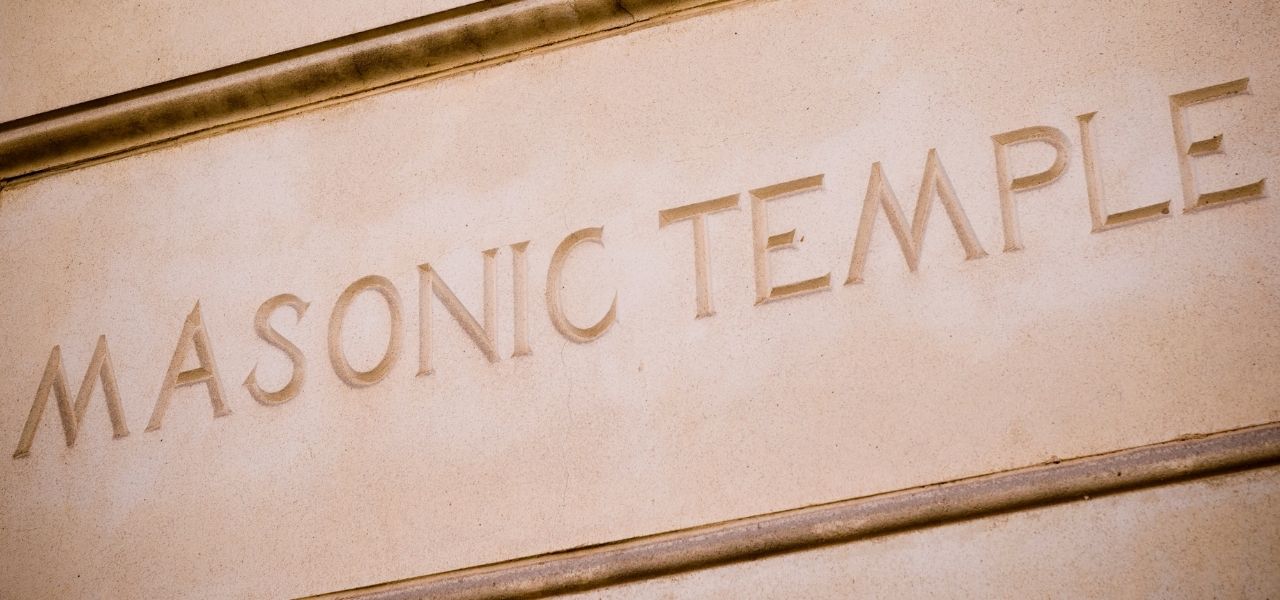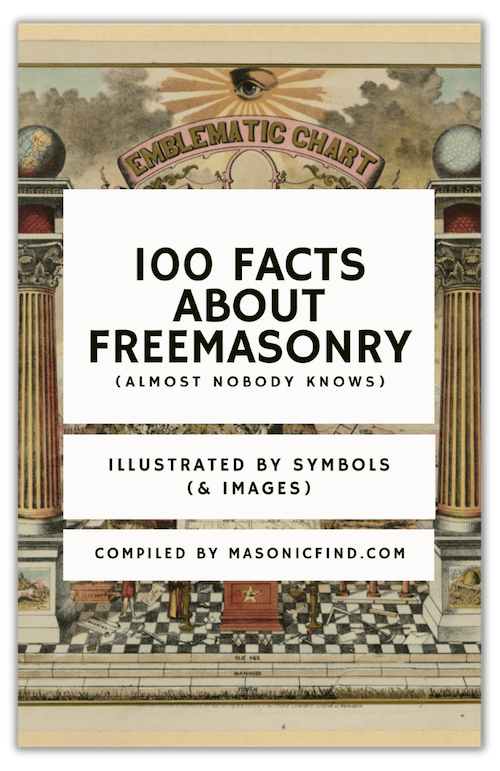Masons from other jurisdictions are often surprised to learn that most of us Utah Masons are on a first-name basis with our Grand Lodge officers, including the Grand Master.
But this is just a natural side-effect of being a member of a small Grand Lodge jurisdiction.
What are some of the benefits and costs of being a part of a small Grand Lodge?
In my opinion, the benefits outweigh the costs; let us examine them.
Introductory Joke: There is a running joke here in Utah. “If you’re a Mason in Utah, there’s good news and bad news. The good news is that the Grand Master knows you by name; the bad news is that he has you on speed dial.”

The Benefits
Meet Your Grand Lodge Officers
In a smaller jurisdiction, it is likely that the Grand Master himself does a visitation to each Lodge within his jurisdiction.
In larger Grand Lodges, on the other hand, there are too many Lodges for the Grand Master himself to visit, leading to Deputy Grand Masters or District Deputy Grand Masters doing those visitations in his stead.
As a result, the Grand Master visits each Lodge, accompanied by a good number of his Grand Lodge officer team, and the members of each Lodge get to know their Grand Lodge leadership.
This past year, our Grand Master held both a virtual visitation (via teleconference) and an in-person visitation where we all had a delicious lunch together.
Know Most of Your Brothers in Your Jurisdiction
The Grand Lodge’s annual Communication also serves as a wonderful way for the newer Mason to form new friendships and to catch up with old friends; and, by the time he has attended three or four of them, he has a firm grasp on who belongs to which Lodge (especially if he has been visiting other Lodges’ meetings in-between).
Also, although your visits to other Lodges in your jurisdiction may be limited by distance, they’re not limited by the number of Lodges.
Leadership Opportunities
If you wish to develop your leadership skills, small jurisdictions provide the most opportunities due in large part to the fact that there are fewer people to choose from.
That may sound cynical, but I do not see it as a bad thing at all; in fact, it is something that I am grateful for.
Such opportunities only increase when you add appendant/concordant and affiliate bodies to the mix.
“Feel Free to Call”
Ever since I first started going to my Grand Lodge’s Annual Communications, I have constantly and consistently been afforded the highest courtesy and respect from fellow Masons, including Grand Lodge Officers, past and present.
After getting their takes on some issues or topics that I wanted to resolve or learn more about, I have repeatedly been given the invitation, “Feel free to call me anytime”; and they’ve meant it every time.
As a result, I have, on more than one occasion, called and spoken with Grand Lodge Officers and Past Grand Masters to get their thoughts and feelings on a variety of topics.
The Costs

Leadership Responsibilities and Delegation
Do you remember the part of the joke about you being on the Grand Master’s speed dial?
The Grand Master might not often call on Masons outside of his Grand Lodge officer team for assistance, but his Grand Lodge officers might. A Grand Lodge Officer (whether he is the Grand Master or not) may ask if you can help him out with a task.
This could honestly also be a benefit, falling under opportunities to develop leadership skills (by helping those in leadership); but, for consistency with the above joke, I’ll leave this filed under “Costs.”
Grand Lodge Officer Visitations
If you are serving as a Grand Lodge Officer, it is likely that you will be expected to accompany the Grand Master on most, if not all, of his visitations to the subordinate Lodges throughout the Grand Lodge jurisdiction (as opposed to a district or region).
This can take a financial toll if, for example, you live on a far side of the geographical jurisdiction (say, a state) and must drive or fly all the way to the other side; especially for each Lodge visitation throughout the year. Not only must one pay for gas/flights, but also for meals and room-and-board.
Trials and Sentences
Every once in a while, a Masonic trial is held to determine whether a Brother should be suspended from, expelled from, or restored to the benefits of Freemasonry in his Grand Lodge jurisdiction.
Nobody wins at a Masonic trial, whatever the outcome; relationships become strained, it is stressful for those who are appointed to assist with the trial, etc.
And, in a smaller jurisdiction, almost everyone knows almost everyone. Imagine having a good friend or even just an associate whom you hold in high regard, and he gets expelled from the Fraternity.
If he is thus sentenced in a small jurisdiction, his sentence affects his relationship, at least in part, with all the people whom he knows from his Grand Lodge.
Fortunately, Masonic trials seldom occur—in my experience, at least—so although this is a potential cost, it is not one that we would have to worry about or deal with often.
If you belong to a larger jurisdiction, that’s a neat legacy to be a part of; that means that Masonry has been flourishing where you are, and that’s never a bad thing.
But I think that, for me, the experience of pertaining to a smaller Grand Lodge is the better experience.
I like knowing my leaders on a personal level, and I am grateful and fortunate to be good friends with many of them, as well as with most of the Masons in my jurisdiction.

FREE DOWNLOAD: 100 FACTS ABOUT FREEMASONRY (ALMOST NOBODY KNOWS)
Join the 10,000+ Brethren from around the world inside our weekly Masonic newsletter and get our best selling ebook for free (usual value: $20).
This article was written for MasonicFind.com by PM Brandon Cole.